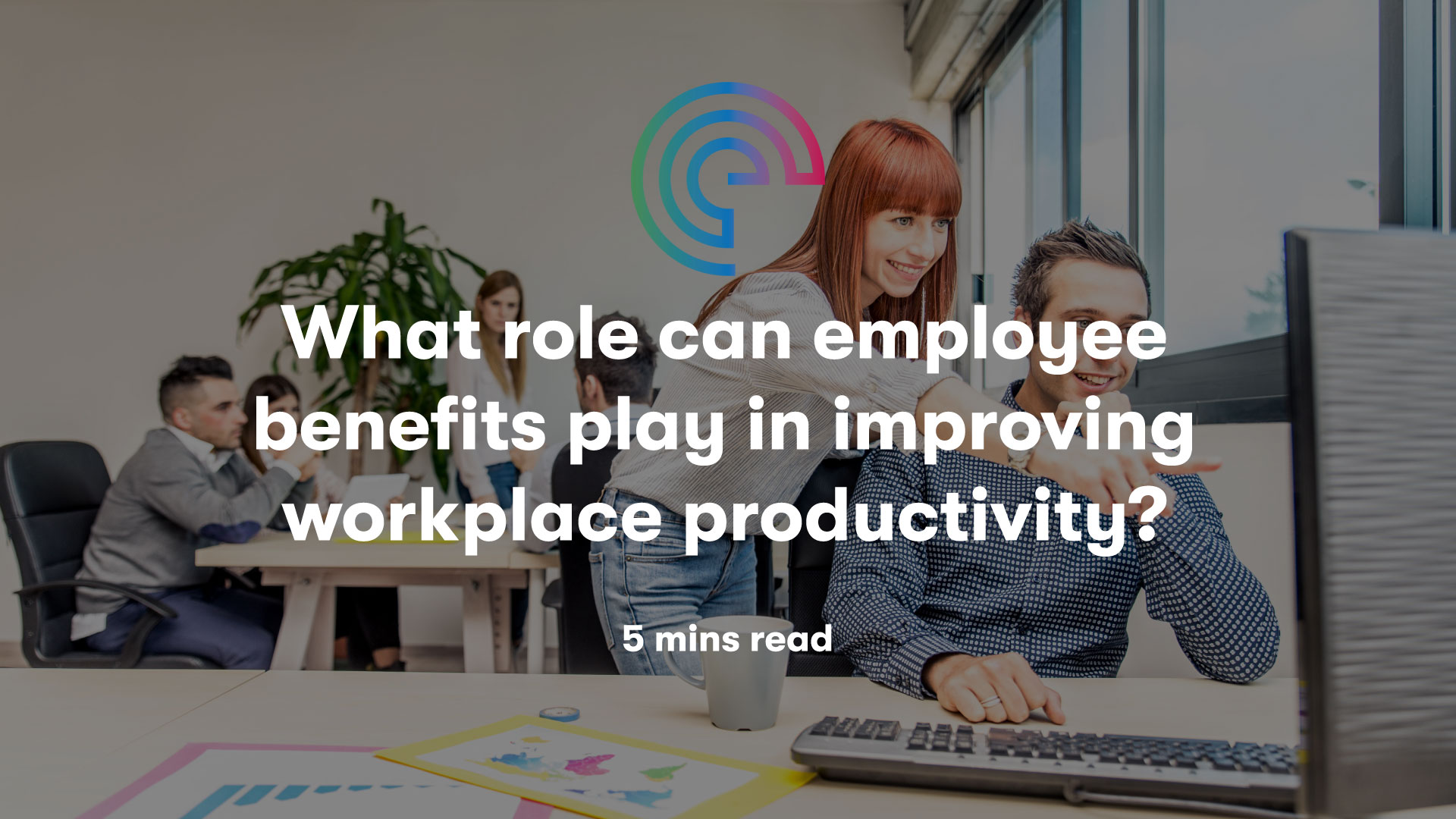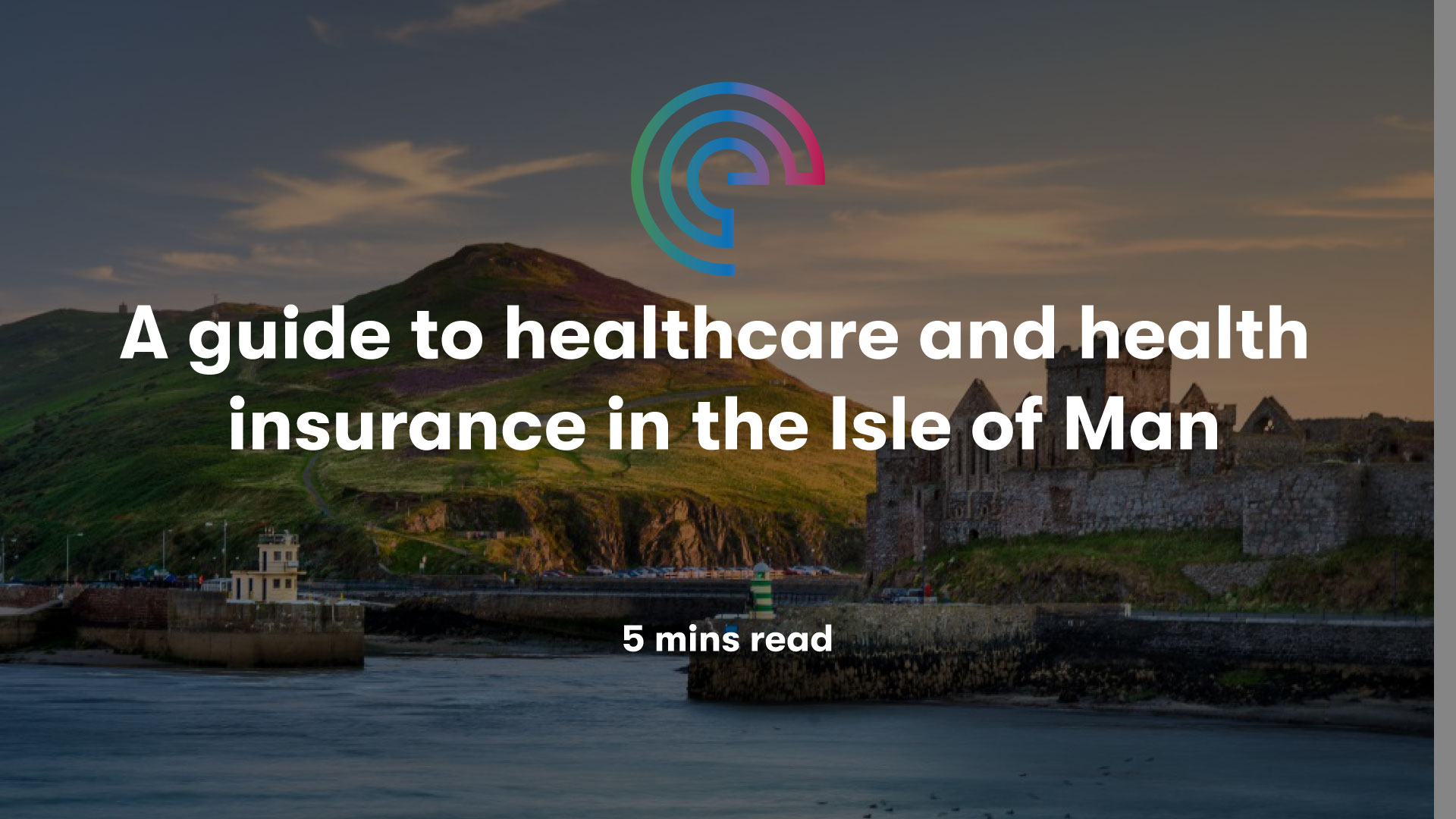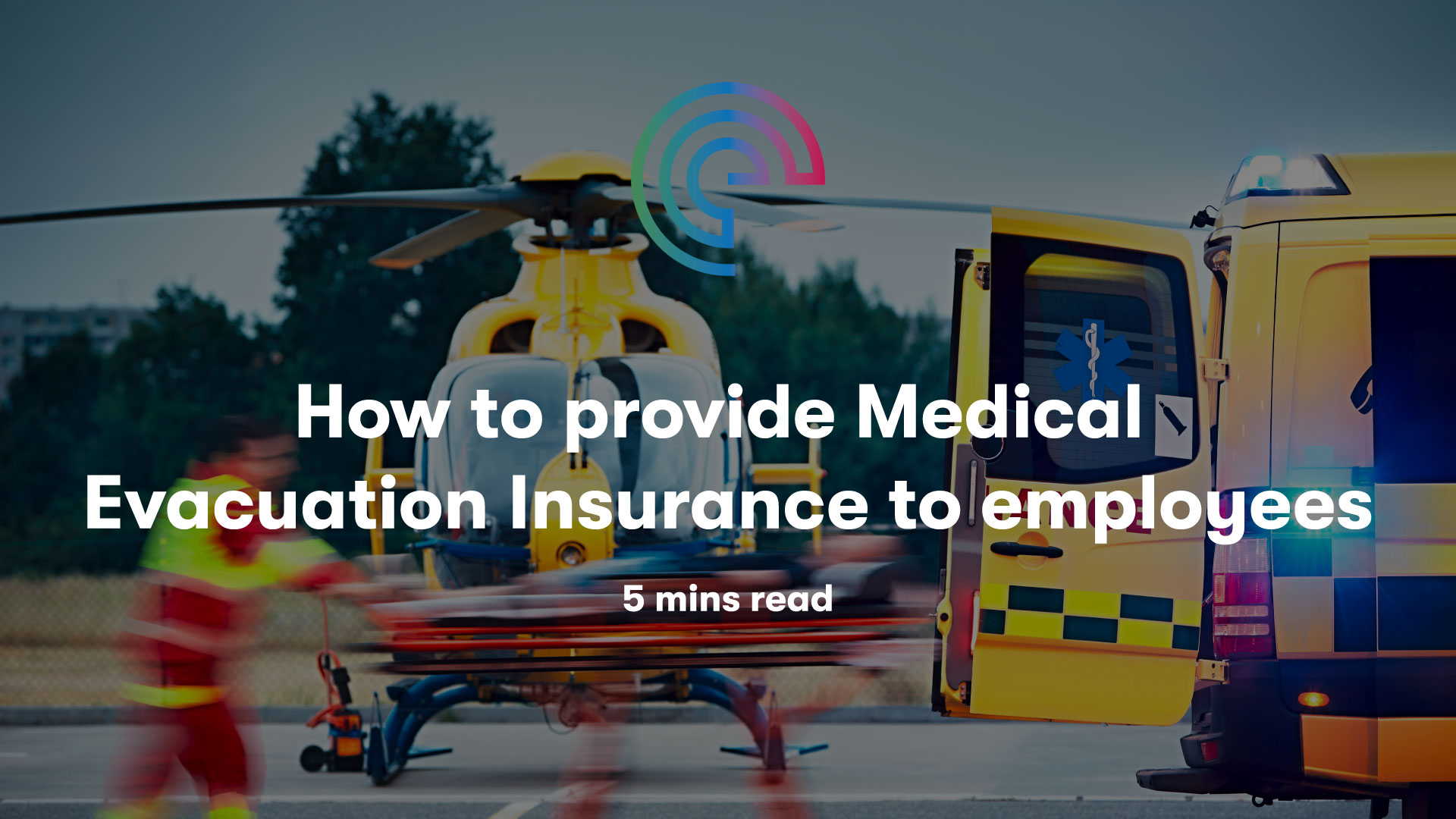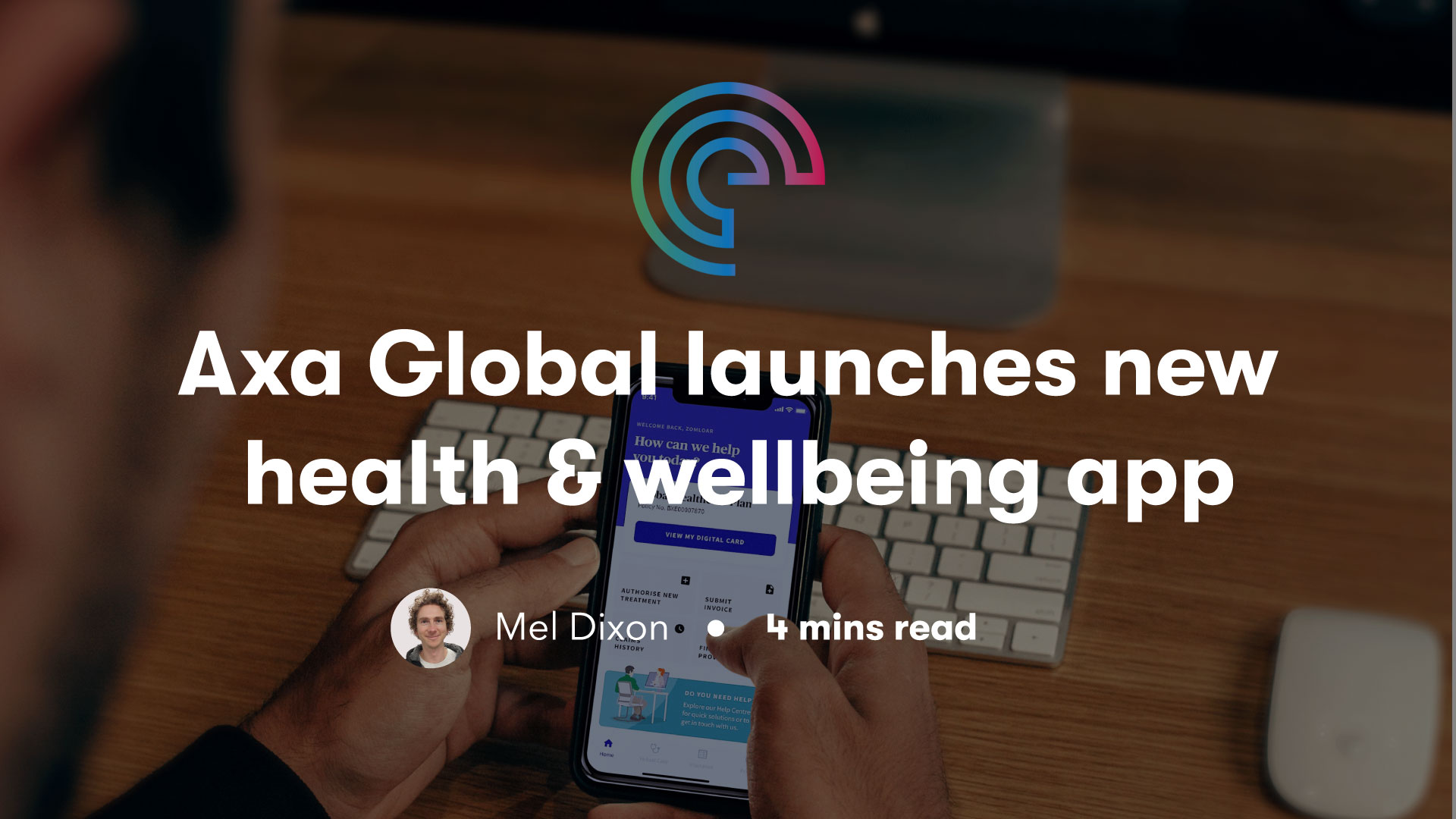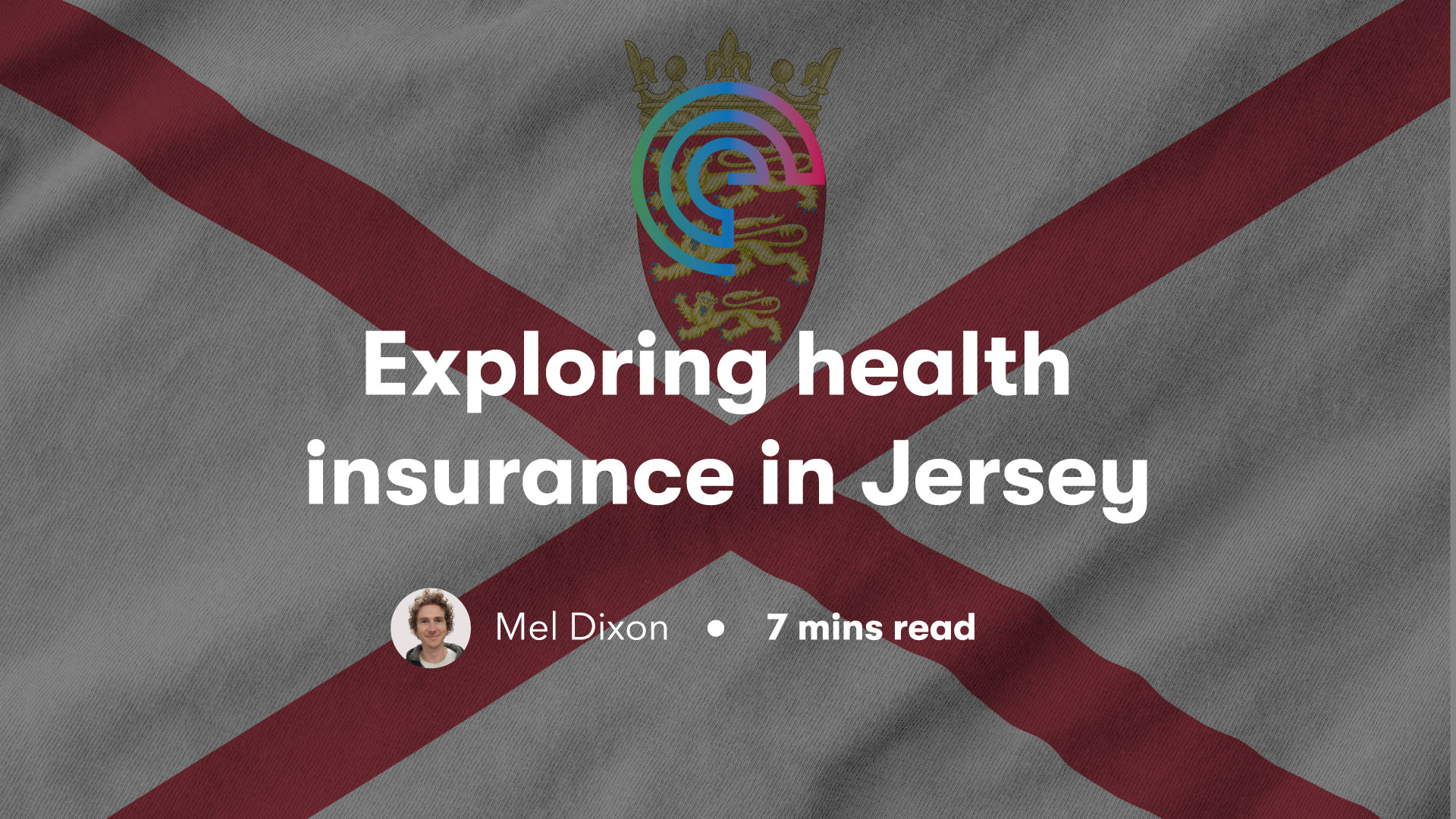All good businesses – from start-ups to long-established companies – feel a duty to support the health and wellbeing of their teams. Arguably, this support is never more needed than when a staff member becomes seriously ill.
Group Critical Illness Insurance is designed for just this eventuality. The idea behind it is simple: to help staff recover and return to work in the event of a serious illness.
Being diagnosed with a critical illness, such as cancer or kidney failure, massively impacts lives – emotionally, physically, and financially.
In this article, we clearly define Group Critical Illness and the conditions covered, plus give 4 reasons why your HR team should consider providing this perk as part of your employee benefits service.
If you need professional help piecing together an employee benefits plan for your business, contact us at Engage Health Group +44 (0)1273 974419. We’re here to answer any queries you may have and help you find the right solution for your business.
What is Group Critical Illness Insurance?
Group Critical Illness Insurance is a policy that pays out a tax-free lump sum to an employee diagnosed with a serious illness or medical condition. It provides employees with money that can be spent however they wish – from paying medical bills to grocery shopping to mortgage payments. This policy can be paid for by the business or paid by the employee if it’s offered as a voluntary benefit.
The overall cost will depend on 3 main factors:
- Age of employees
- Number of employees
- Level of cover (multiples of salary, additional coverage for other illnesses)
Payout is usually offered as a multiple of the employee’s salary (2x or 4x the employee’s salary, for example) but can also be offered as a specified amount.
Which conditions are covered?
Investing in core cover will provide insurance for the following health conditions/illnesses:
- Arthritis
- Blindness
- Third-degree burns
- Cancer
- Coma
- HIV
- Liver failure
- Loss of hand/foot
- Kidney failure
- Major organ transplants
- Cystic fibrosis
- Deafness
- Dementia
- Encephalitis
- Heart attack
- Heart valve replacement
- Motor neurone disease
- Parkinson’s disease
- Stroke
More health conditions can be added, along with the extended coverage to an employees’ partner and children. Most group policies also come with extra support services, such as Employee Assistance Programmes (EAP), mental wellbeing services/support – making Group Critical Illness Insurance an important benefit in targeting the wellbeing of your staff.
Are you looking to find an employee benefits scheme that targets all your employees’ wellbeing needs? With Engage, you’ll be guided through all the policies, products, and platforms in clear, easy-to-follow language. Use the chat feature in the bottom right for any questions or call +44 (0)1273 974419.
4 reasons for Group Critical Illness Insurance
Here are 4 leading reasons for HR management to offer Group Critical Illness Insurance.
1. Financial
Offering this benefit will cost less than if an employee purchased cover privately, ensuring good value for money and making it very desirable amongst staff. As a lump-sum payment, it is tax-free and can be treated as a business expense. The premium employers pay is regarded as a *Benefit in Kind, making it an affordable way for employers to help their staff with medical costs.
Some examples of how this benefit can financially help your employees:
- Medical and non-medical expenses
- Prescription costs
- Transportation for treatments
- Mortgage/rent
- Groceries
- Utility bills
- Car payments
*Note: Benefits in Kind are benefits offered to staff that have a monetary value not included in their salary. For example, a free or discounted gym membership might be worth £50/month – this amount can then be claimed as a business expense.
2. Retention and hiring
Including Group Critical Illness in your employee benefits plan helps employees feel valued. It shows that you care about their wellbeing beyond the workplace.
While every company will claim to care about their employees, those working for the company will know if it’s true or not. And those who are considering working for a company will be looking for meaningful support. Showing a real commitment to the wellbeing of staff will attract future desirable employees to your company, whilst increasing the retention rates of your current staff.
3. Flexibility
Group Critical Illness is easily paired with other employee benefits that will help you build a comprehensive and detailed benefits package for your workforce. For example, Group Critical Illness compliments Group Income Protection or Group Life Insurance. Each of these benefits aims to provide comfort and support for employees undergoing circumstances outside of work.
The fact that many insurance providers offer an EAP as part of the package increases its value. An EAP offers staff tools and guidance to bolster mental and physical wellbeing in a user-friendly way. In other words, you could be purchasing more than critical illness cover when you purchase a business-wide scheme.
4. Wellbeing & return-to-work
The number one priority of any employee benefits package is to improve and protect the wellbeing of your staff. Group Critical Illness provides that support at the time when they need it most.
A critical illness will likely put an employee in financial difficulty which will only add to the stress of the illness itself. The financial assistance provided by a successful claim will give employees a safety net not only financially, but with their mental and physical recovery. It allows your staff the time to focus on their recovery, directing their energy in the right direction.
Who knows, maybe they’ll be well enough to return to the workplace one day?
Related reading: The 3 Pillars of Corporate Wellbeing: What Do Employees Need to Offer?
Building your Employee Benefits Package
Every HR team must address the challenge of providing the best possible benefits package within budget. Providing a combination of reactive and proactive support is important.
Group Critical Illness cover is a good example of reactive support as it reassures your people that they’ll be supported when they need it most. But your employee benefits package should also help employees improve – or maintain – their health and wellbeing in the present to reduce the chances of suffering illness in the future.
The key question HR teams need to ask is: how do we provide our teams with the best of both worlds?
Do you need professional advice on how to develop and implement an employee benefits plan that fits with the specific needs of your company? Contact us at Engage for our free, no-obligation advice and support.




